neuroscience
September 11, 2021
At a loss?
UW experts explain how to distinguish between memory loss and simple forgetfulness.
September 16, 2020
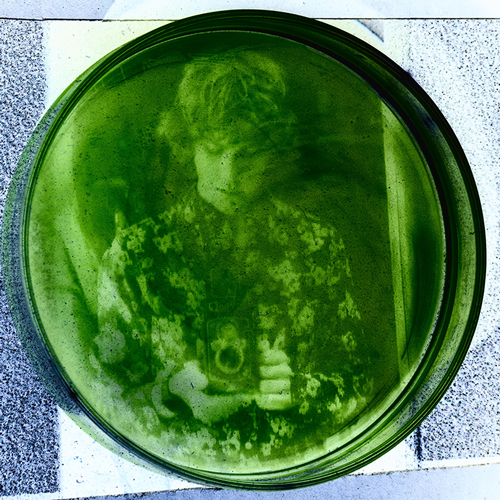
Algae's many faces
To most of us, algae is the green squishy stuff that occasionally “blooms.” But a UW neuroscience doctoral student found that algae has a creative side.
June 2, 2019
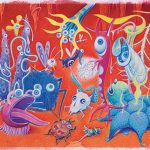
World of worry
A new book by UW faculty explores anxiety-provoking topics ranging from food safety to mobile phones and bedbugs.
December 8, 2017
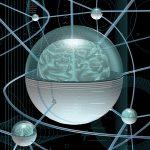
Engineering on the brain
Doctors, engineers and other experts work together at the UW Center for Sensorimotor Neural Engineering.
March 1, 2016
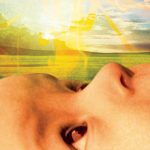
How does baby learn?
Researchers with the UW's I-LABS break new ground with their discoveries of how young minds develop.
March 1, 2015
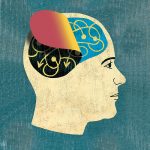
Brain discovery
A couple of years ago a scientist looking at dozens of MRI scans of human brains noticed something surprising: a large fiber pathway that seemed to be part of the network of connections that process visual information.
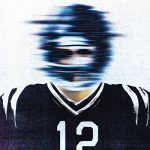
Brain spotting
Football concussions get a lot of attention, but UW researchers want to know how a single brain injury can affect an ordinary person decades down the line.
December 1, 2014
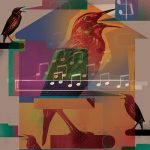
Clues from bird brains
Brain cells that multiply to help birds sing their best during breeding season are known to die back naturally later in the year. For the first time, researchers have described the series of events that cue new neuron growth each spring.
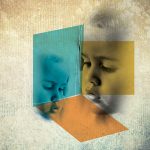
Toddler logic
Researchers have found that children as young as 2 intuitively use mathematical concepts such as probability to help make sense of the world.
December 1, 2013
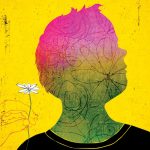
Autism onset
Between ages 3 and 10, children with autism spectrum disorder exhibit distinct brain chemical changes that differ from children with developmental delays and those with typical development, according to a new study led by UW researchers.
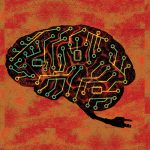
Brain bonding
UW researchers have performed what they believe is the first noninvasive human-to-human brain interface, with one researcher able to send a brain signal via the Internet to control the hand motions of a fellow researcher.
September 1, 2010
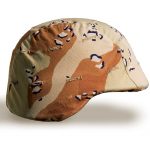
Damaging waves
A team of UW and Veterans Affairs researchers has gathered the first direct evidence that blast waves from roadside bombs can cause long-term changes in soldiers’ brains.
June 1, 2008

‘Genius’ at work
Yoky Matsuoka, who directs the UW’s Neurobiotics Laboratory, was recognized with a $500,000 “genius grant” from the MacArthur Foundation.
December 1, 2006
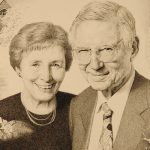
Legacy of giving
Moments after Ellsworth C. “Buster” and Nancy D. Alvord received the Gates Volunteer Service Award at the Fifth Annual Recognition Gala Sept. 8, the couple made a surprise announcement. They will help create a Center of Excellence for Neuro-oncology at the University by establishing with their family six new endowed faculty chairs.
December 1, 1999
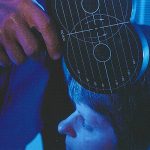
Magnetic relief
Depression's victims sometimes find that drugs and therapy can't help. Soon there may be a new solution — the power of magnetism.
September 1, 1993
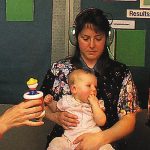
Baby talk
UW findings challenge traditional theories of speech development and indicate that experience shapes language perception far earlier than once thought.
September 1, 1992
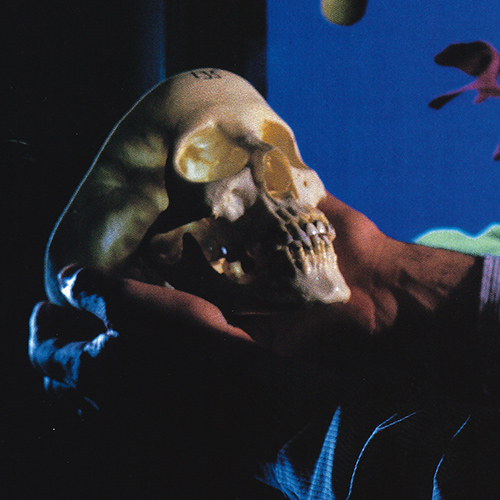
Mind over gray matter
Researchers at the University of Washington and around the nation are hoping to find the clues to how the brain makes us what we are.